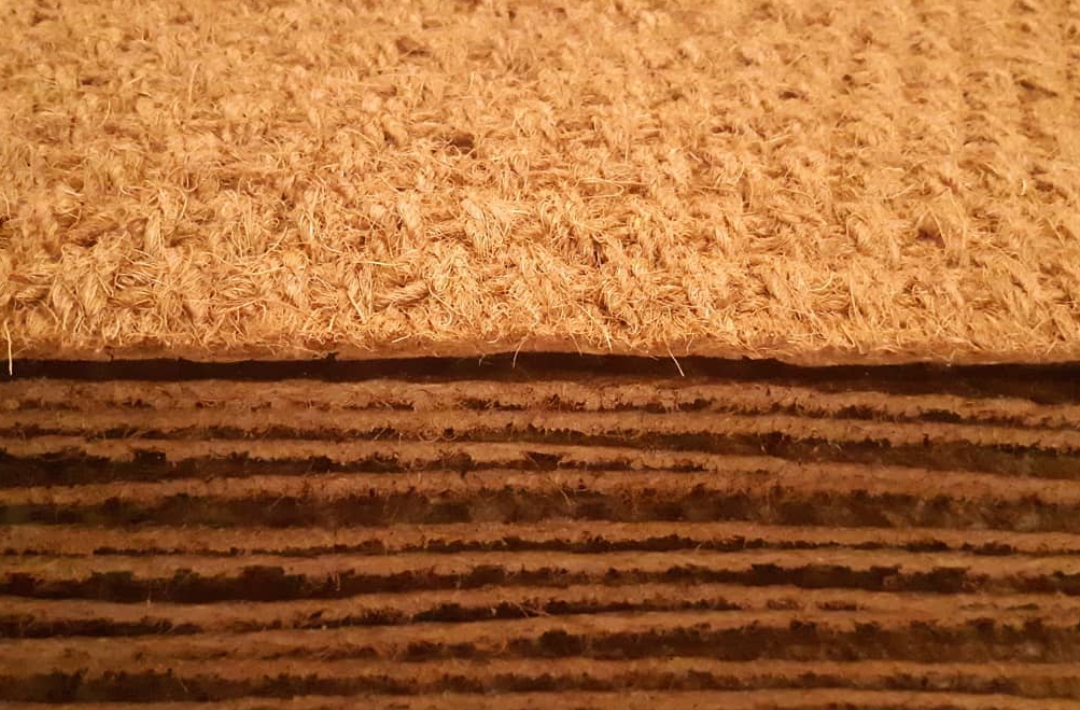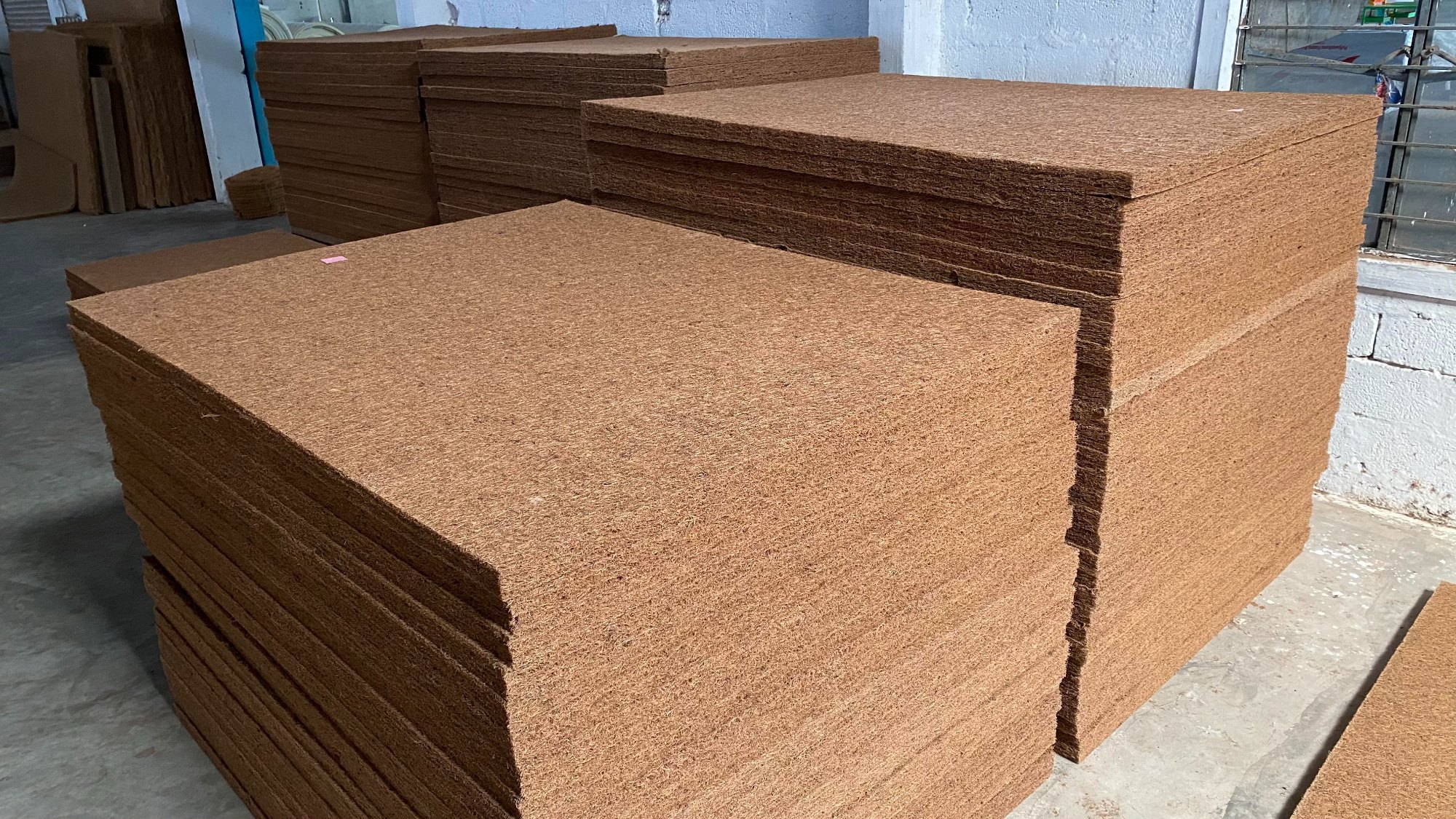
Coconut Fiber Board in Sustainable Building Practices
Coconut fiber board, also known as coir board, is an innovative and sustainable building material derived from the fibrous husks of coconuts.
With its natural strength, thermal insulation properties, and environmental sustainability, coconut fiber board has emerged as a viable alternative to traditional building materials like plywood and medium-density fiberboard (MDF).
This article explores the benefits of coconut fiber board and its role in promoting sustainable building practices.
What is Coconut Fiber Board?
Coconut fiber board is manufactured by compressing and bonding coconut fibers using natural adhesives or binders.
The result is a sturdy and lightweight board that can be used for various interior and exterior applications in construction. Coconut fiber board comes in different thicknesses and densities, making it suitable for wall panels, partitions, ceilings, and furniture components.
Benefits of Coconut Fiber Board
1. Sustainability
Coconut fiber board is made from renewable and biodegradable materials, making it an eco-friendly choice for green building projects. By utilizing coconut husks, a byproduct of the coconut industry, this product reduces waste and promotes resource efficiency.
2. Low Embodied Energy
Compared to traditional building materials like plywood and MDF, this product has a lower embodied energy footprint. The manufacturing process involves minimal energy consumption and carbon emissions, contributing to overall environmental sustainability.
3. Thermal Insulationcoconut fiber board
This product exhibits excellent thermal insulation properties, helping regulate indoor temperatures and reduce energy consumption for heating and cooling. Its natural insulation capabilities contribute to energy-efficient building designs and improved comfort for occupants.
4. Moisture Resistance:
This product is naturally resistant to moisture, mold, and fungal growth, making it suitable for humid environments and areas prone to water exposure. Its moisture-resistant properties enhance durability and longevity, reducing the need for frequent maintenance and replacement.
5. Sound Absorption:
This product coconut offers effective sound absorption qualities, reducing noise transmission and improving acoustics in interior spaces. Its ability to dampen sound vibrations creates quieter and more comfortable environments for occupants.
Sustainable Building Practices with Coconut Fiber Board

1. Interior Finishes
This product is utilized for interior finishes such as wall panels, ceiling tiles, and decorative elements. Its natural texture and aesthetic appeal add warmth and character to interior spaces, while its sustainable attributes align with eco-conscious design principles.
2. Furniture and Cabinetry
In furniture and cabinetry applications, this product serves as a durable and eco-friendly alternative to conventional wood-based panels. It can be used for tabletops, shelves, and casework, offering both structural integrity and environmental sustainability.
3. Partition Walls and Room Dividers
This product is employed in partition walls and room dividers to create flexible and functional interior layouts. Its lightweight construction and ease of installation make it an ideal choice for dividing large spaces while maintaining visual and acoustic separation.
Conclusion
Coconut fiber board represents a sustainable and versatile building material that aligns with the principles of environmental stewardship and resource conservation.
Its renewable origins, low embodied energy, thermal insulation properties, and moisture resistance make it a preferred choice for green building projects seeking to minimize environmental impact and maximize occupant comfort.
As the construction industry increasingly embraces sustainable building practices, this product emerges as a viable solution for architects, designers, and builders looking to integrate eco-friendly materials into their projects.
By harnessing the potential of this product, we can create healthier, more resilient, and more sustainable built environments for present and future generations. If you want to know or are interested in quality coconut coir, you can visit coir rolls.